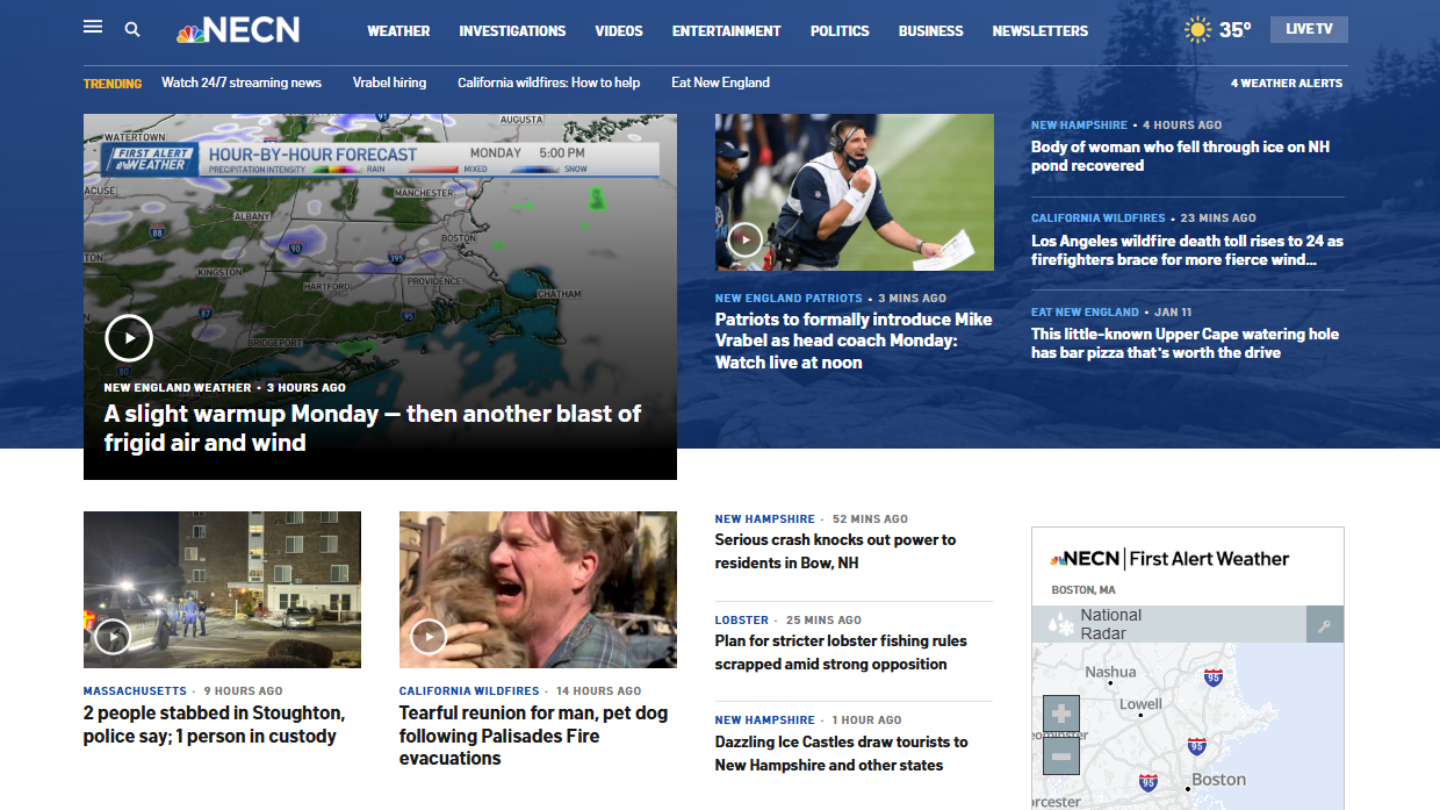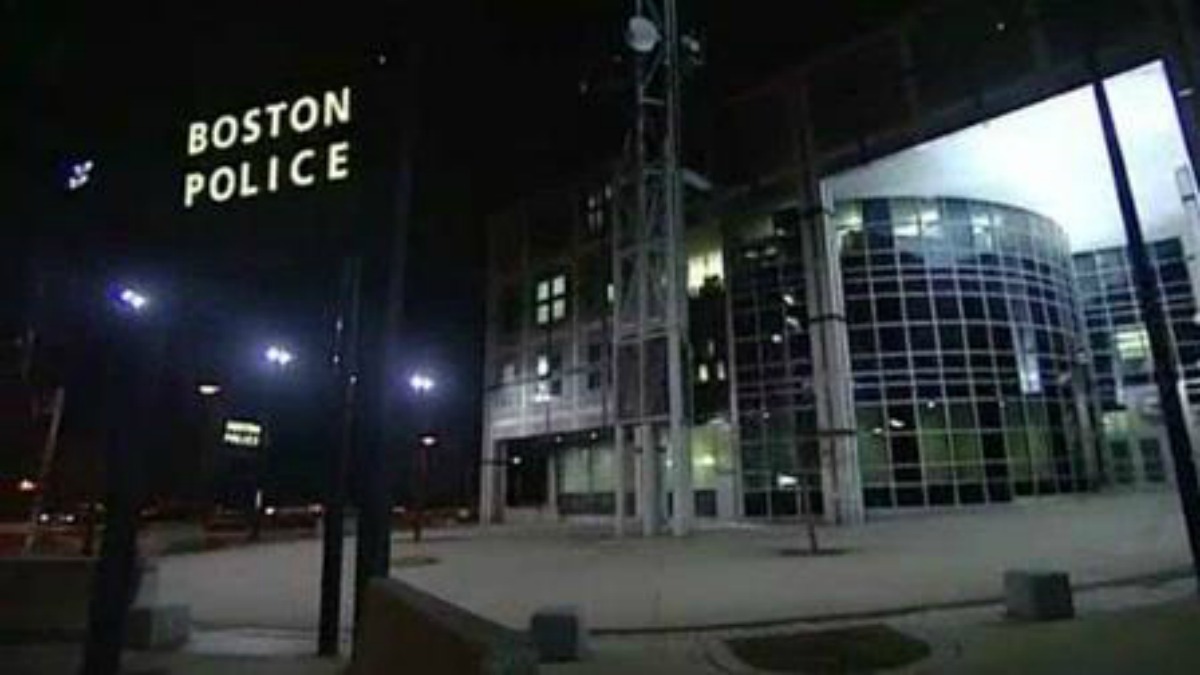People who receive food stamps are at risk of losing federal assistance as the government shutdown has passed the one-month mark.
What to Know
- Harris is one of a small number of people whose access to federal benefits like food stamps is cut off.
- Until the government reopens, those who normally receive assistance will have to go it alone.
- The USDA gave out February’s food stamp allotment on Sunday, the last food assistance that will be paid out until the shutdown is over.
Family means everything to Yonealya Harris. She lives in Hyde Park with her three children and relies on her mother for help babysitting.
“I work, my children come here after school, and she helps me out with them,” she said.
Harris, 27, also relies on food stamps to help make ends meet. But she got a rude surprise on her way to work earlier this month.
“I get on the bus and check my account, and I have 53 cents,” she said, laughing. “And I was about to cry.”
They laugh, she said, to keep from crying. Her food stamp account was not renewed before the federal government shut down Dec. 21. No money for food was deposited in her account for January.
“We don’t have any food right now,” she said. “There’s no food in our house.”
Local
In-depth news coverage of the Greater Boston and New England area.
Harris is one of a small number of people, so far, whose access to federal benefits like food stamps is cut off because there is no one in Washington to keep those programs running.
She has her mother, Yolanda, in the meantime.
“I take what I have and we share it until she gets her business right,” said Yolanda Harris, 49.
But Yolanda depends on food stamps too. And besides helping Yonealya, she’s also helping her younger daughter Yonetta, who just graduated from College of the Holy Cross in Worcester, and son Cedric, who is a senior at Boston Latin School.
“Being a grandparent, I love it, but I also want to make sure they have, and a lot of time they don’t have. My daughter is going through something now. They cut her off and it’s so much.”
They are among 80,000 people in Boston who use food stamps, officially called Supplemental Nutrition Assistance Program, or SNAP.
Some, like Yonealya Harris, are already feeling the impact of the shutdown as their food accounts remain empty.
But if the government shutdowns is not resolved by the end of February, her mother and the rest of the 769,912 people in Massachusetts who use food stamps could be in the same situation as Yonealya.
“If they stop the food stamps, it’s going to hurt a lot of families, not just mine,” Yolanda Harris said.
John Drew, the CEO of ABCD, a local nonprofit that helps people sign up for federal benefits said even those who still have money in their accounts, may start having trouble finding a store that accepts food stamps.
According to the state Department of Transitional Assistance, 16 stores in Massachusetts cannot process food stamp transactions because their contracts with the federal Department of Agriculture, which oversees the food stamp program, were not renewed before the shutdown.
And that number will continue to grow as the shutdown goes on, leaving fewer options for shoppers.
“When you hit a crisis with food stamps, the smaller bodegas and others across the country say, ‘Well, I’ve always taken food stamps, but now they tell me I won’t get paid. I may not accept it,’” Drew said.
Until the government reopens, those who normally receive assistance will have to go it alone.
“I would have to figure it out,” she said. “I get paid next week, and I still have to pay my bills, so that’s what it is.”
The USDA gave out February’s food stamp allotment on Sunday, meaning that’s the last food assistance that will be paid out until the shutdown is over.



